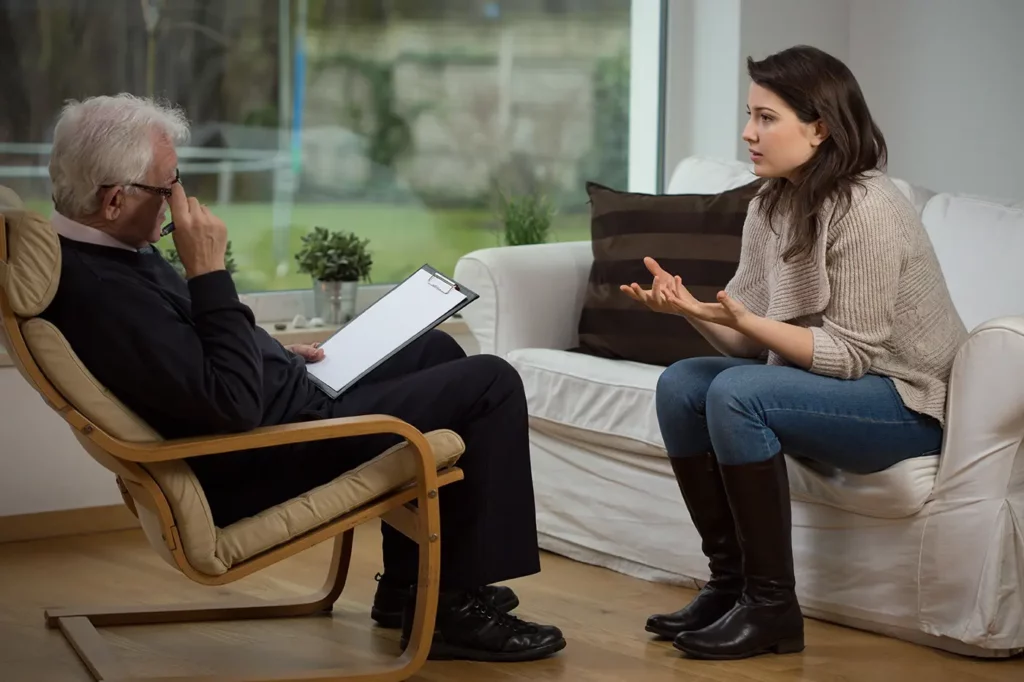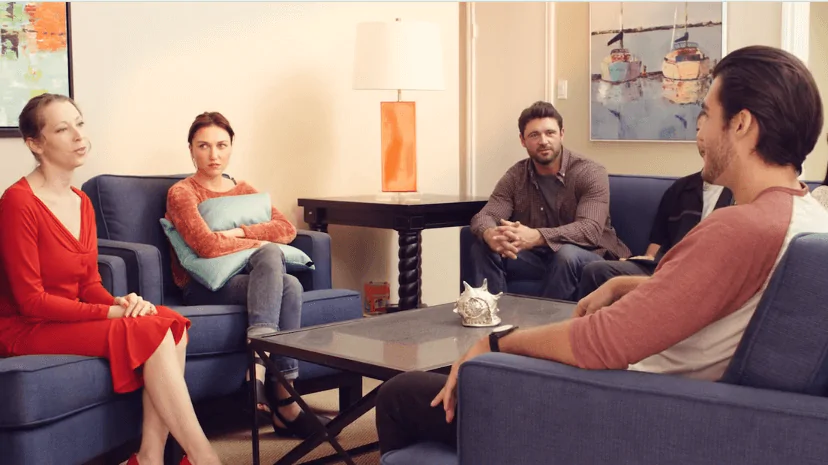24/7 Helpline:
(866) 899-111424/7 Helpline:
(866) 899-1114
Learn more about Bipolar Disorder Treatment centers in Grayson County
Bipolar Disorder Treatment in Other Counties


















Pathways Counseling Services
Pathway Counseling Services offers outpatient substance abuse counseling sessions. Pathway Counselin...

Communicare Clinic
Communicare Clinic is a private rehab located in Leitchfield, Kentucky. Communicare Clinic specializ...

Spero Health – Clarkson
Spero Health – Clarkson is a private rehab located in Clarkson, Kentucky. Spero Health – Clarkson sp...




















































































Other Insurance Options

Kaiser Permanente

Lucent

MVP Healthcare

Health Partners

Covered California

Access to Recovery (ATR) Voucher

Regence

Excellus

Aetna

Sutter

Holman Group

MHNNet Behavioral Health

Anthem

Meritain

Carleon

Health Net

Optima

State Farm

Evernorth

UMR